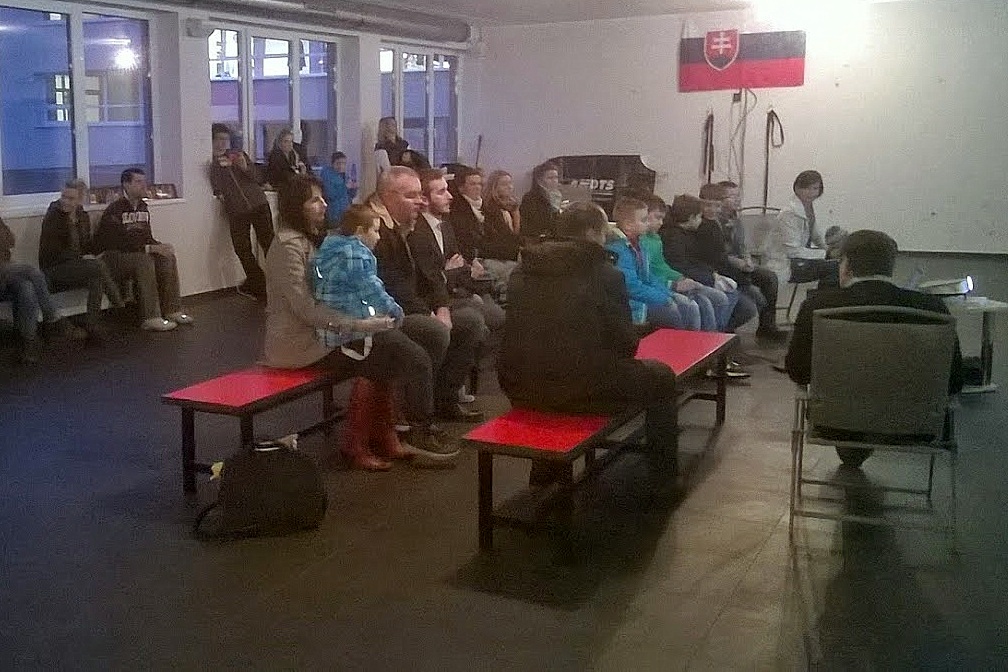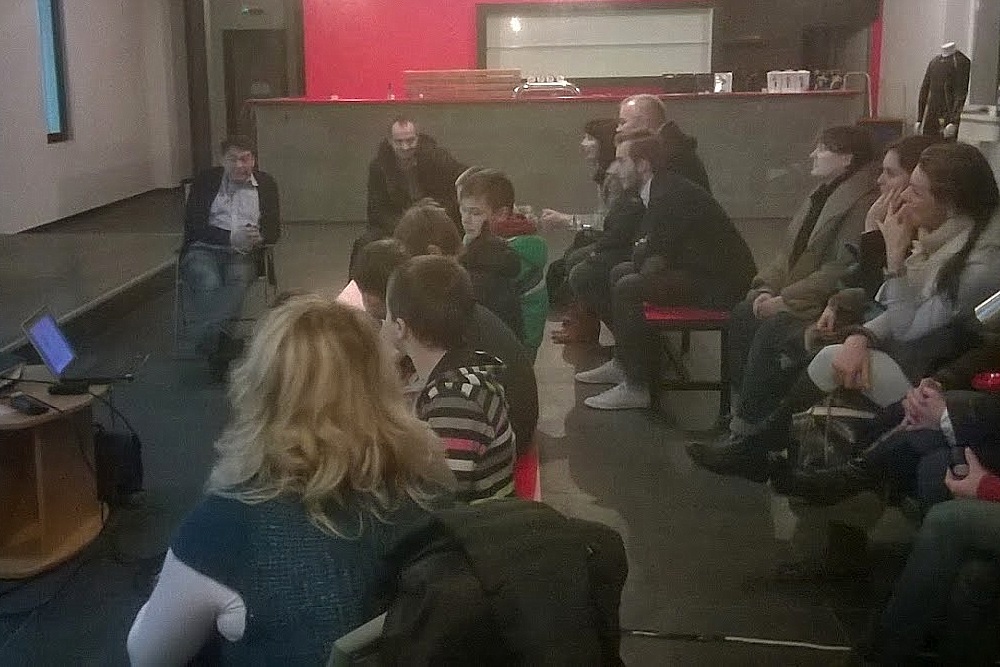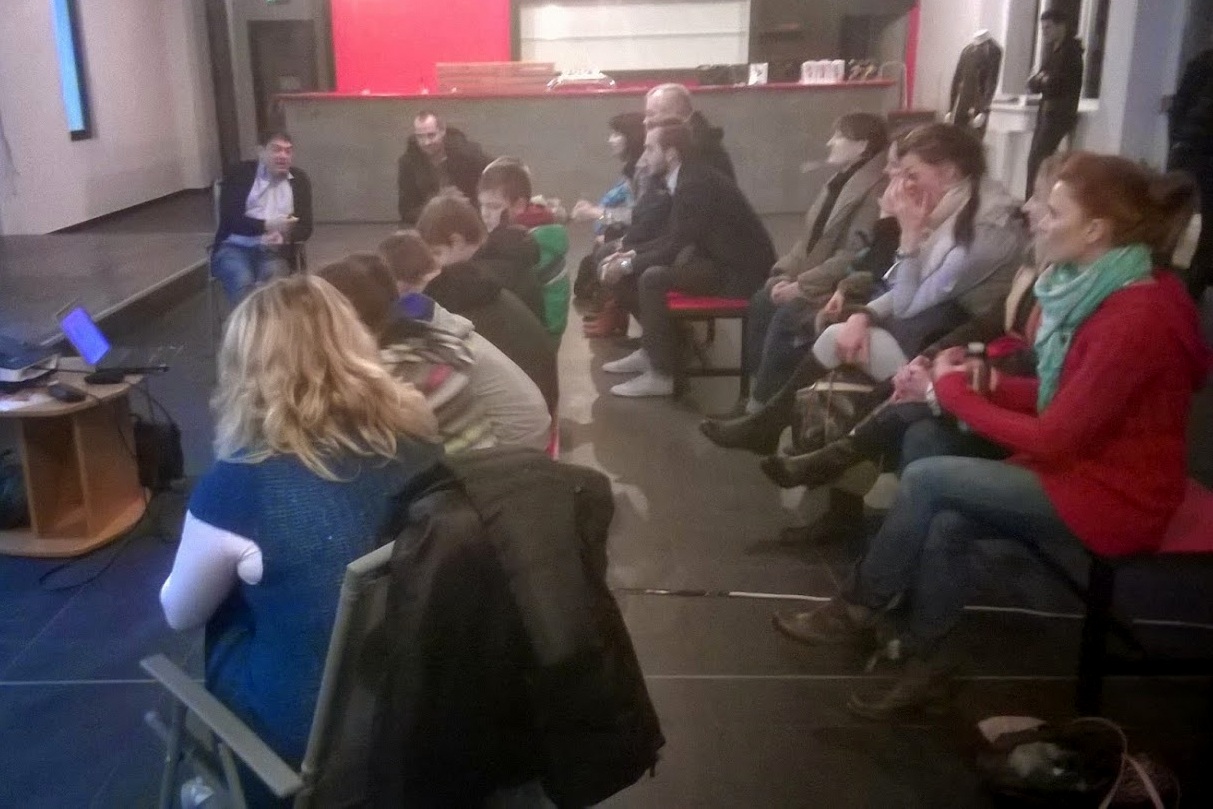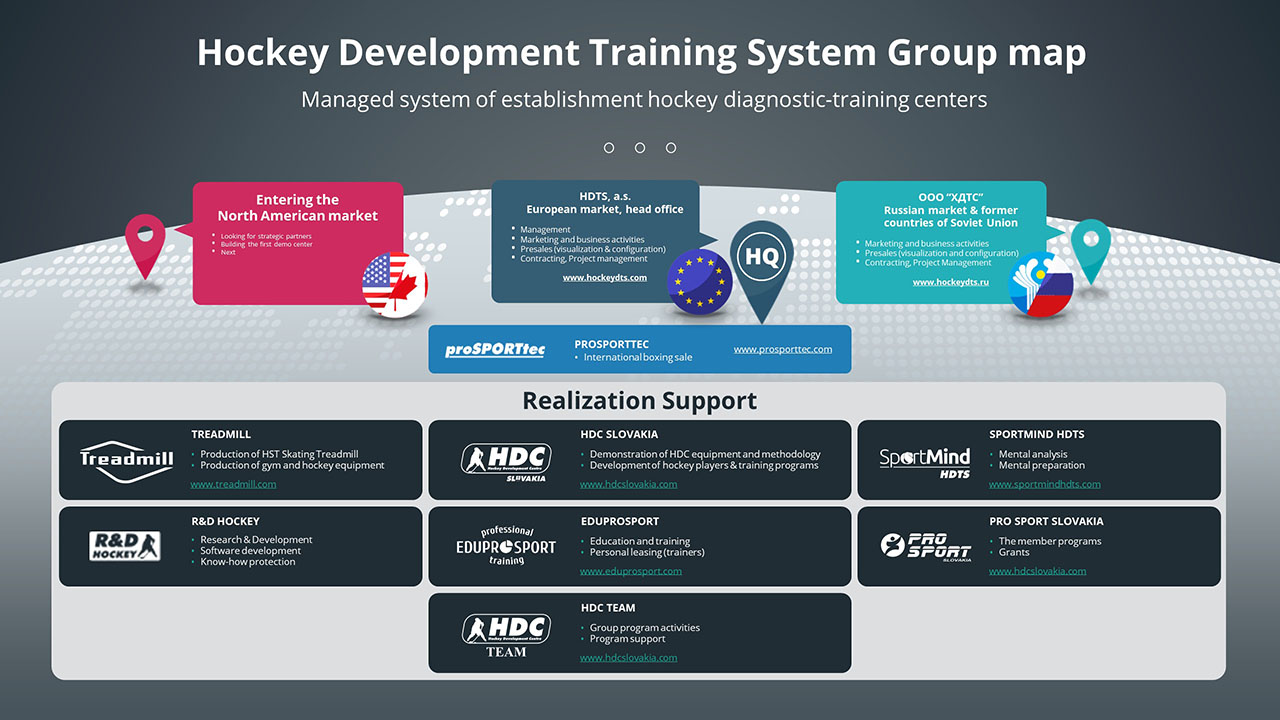Training Load Periodization Focused on Motor Skills Development
AFTER COMPLETING THIS COURSE, YOU WILL BE ABLE TO
Know the basic characteristics of fitness and coordination abilities. We will describe the proper way to measure their levels and then the basic principles of their development so you can implement technical activities in a hockey game. Know the various interpretations of the result measurements, with an emphasis on their proper use in training process. Introduction to the principles of training load adjustment based on the results of the measurements, as well as modifying the content load and focusing on individualization. Objectively evaluate the biological age of the player and then determine the correct training load in terms of volume, intensity, complexity and mental performance. Our course will help you develop an appropriate training plan view of the current individual needs of each player. Set reasonable goals and tasks of training sessions to develop individual actions of the individual player. Coaches will also learn how to create the right training load content using the most appropriate training resources in different periods of hockey season for different age groups. Create an effective training program to improve the general performance of the player sharing the contents of training load in the different periods of the annual training cycle. You will learn to diagnose and develop the most important conditioning and coordination abilities (strength, speed, endurance) by appropriate selection and proper dosage of exercises.
COURSE: CC002
SPONSOR
LECTURER
LANGUAGE
EN RU SK
DURATION (TIME)
2 hours
PLACE
Conference room
WHO THE COURSE IS FOR
Hockey coaches
COURSE OUTLINE
- Characteristics, development and diagnosis of condition
- development and diagnosis of the various coordination abilities; reaction, informative, balance, kinaesthetic-differentiative ability to relate to the whole movement.
- sequences of formation technical skills
- sequences of formation technical skills
- focusing to content model of micro-situations
- The methodology of obtaining empirical data to assess the current status of the player before and after load (interpretation of the obtained information )
- Possibilities of training load according to individual results obtained from measurements (internal environment, individualization of training content)
- Correction of the load according to health status info (pacing, prevention, recovery, diagnosis)
- Calendar and biological age of a player
- Intra-individual differences in the development of the young organism
- Somatic, motor and mental development of the organism
- Intensification and optimization of loading in sports training
- Displacement characteristics of training and game load
- The intensity of training load in individual energy zones
- The complexity and psychological intensity in training load
- The issue of overloading and overtraining body
- Characteristics of overloading the body, signs of overloading
- Short term and long term characteristics of over-training organism, signs of overtraining
- Systematic monitoring of the health status of the organism
- The strategy of loading the body in the school age group
- Strategy of loading organism in midget categories
- Strategy of loading organism in junior and senior age categories
- Methodology for the development of strength abilities
- Methodology of development endurance capabilities
- Methodology of development speed and endurance-speed capabilities
- Methodology of development agility skills
TECHNICAL REQUIREMENT
Computer, projector




